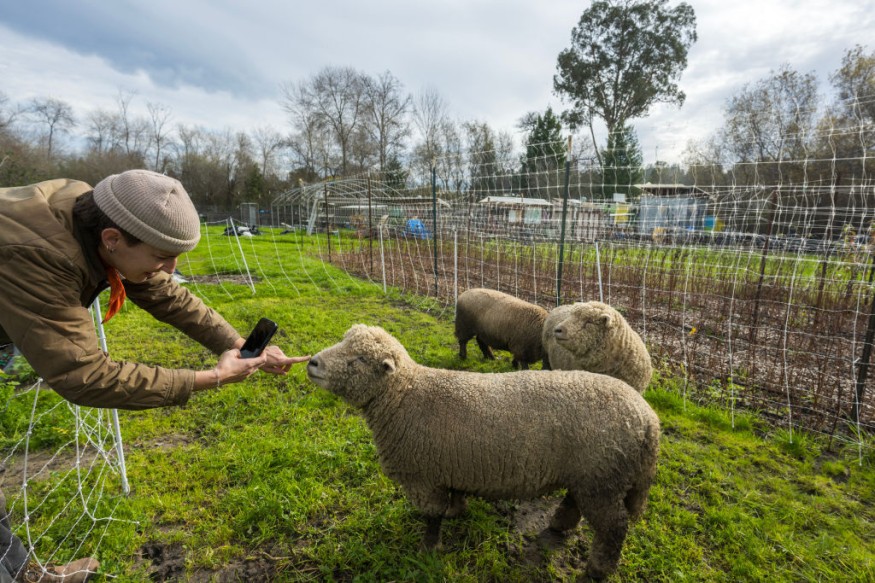
More than 16,000 animals are aboard the MV Bahijah, which is stranded off Western Australia in extreme heat after authorities ordered the Israeli-owned ship transporting the live cargo to turn around due to fears that it will be targeted by Houthi militants in the Red Sea.
Animal Welfare
Last month, the MV Bahijah abandoned its journey through the Red Sea, where Houthi forces in Yemen have been attacking ships, trapping the animals on board for weeks.
The vessel remained at sea, awaiting the Australian government's ruling on whether the livestock could be offloaded.
The Department of Agriculture, Fisheries, and Forestry said that it was still examining the exporter's application to re-export the animals.
The ship was cleaned and resupplied with fuel and food during its temporary stay at Fremantle Port near Perth, according to the authorities.
Despite requests from animal welfare advocates to enable cattle to leave the ship as quickly as feasible, none have been offloaded.
The government hired two independent vets to evaluate the live cargo, and they reported "no significant animal health or welfare issues."
In a previous statement, it stated that any animals entering the nation would be subject to "strict biosecurity controls" and that their "health and welfare" was the top concern.
The Australian government claims that its biosecurity measures, which are among the strictest on the planet, have kept the country free of many of the world's most invasive pests and diseases.
According to the Royal Society for the Prevention of Cruelty to Animals Australia (RSPCA), it is impossible to thoroughly examine all of the animals while they are still on the ship.
"The evidence tells us that the welfare of the animals is only going to get worse and worse over the coming days due to the amount of time they've spent on the ship. So, it's very urgent and we couldn't be more gravely concerned," said Suzanne Fowler, Chief Science Officer with RSPCA Australia.
Australia's live export trade has long been a source of contention between the industry and critics, who argue that it emphasizes income over animal welfare.
The Australian government has committed to banning live sheep exports but has yet to provide a timeline for when this would happen.
Red Sea Crisis
The MV Bahijah left Fremantle on January 5 for the Middle East, according to an Australian government statement.
A request to detour the ship across Africa, as other ships have done to avoid Houthi missiles and drones, was turned down fifteen days into the voyage.
"To ensure the health and welfare of the livestock on the MV Bahijah, the department directed the exporter that the consignment be immediately returned to Australia," said a government statement on January 20.
The incident underscores the far-reaching repercussions of recent Houthi militia attacks on ships.
In recent weeks, Yemen's Iran-backed Houthi rebels have attacked commercial vessels in revenge for Israel's military incursion in Gaza, causing a crisis in the region's important Red Sea commerce corridor.
© 2025 NatureWorldNews.com All rights reserved. Do not reproduce without permission.





